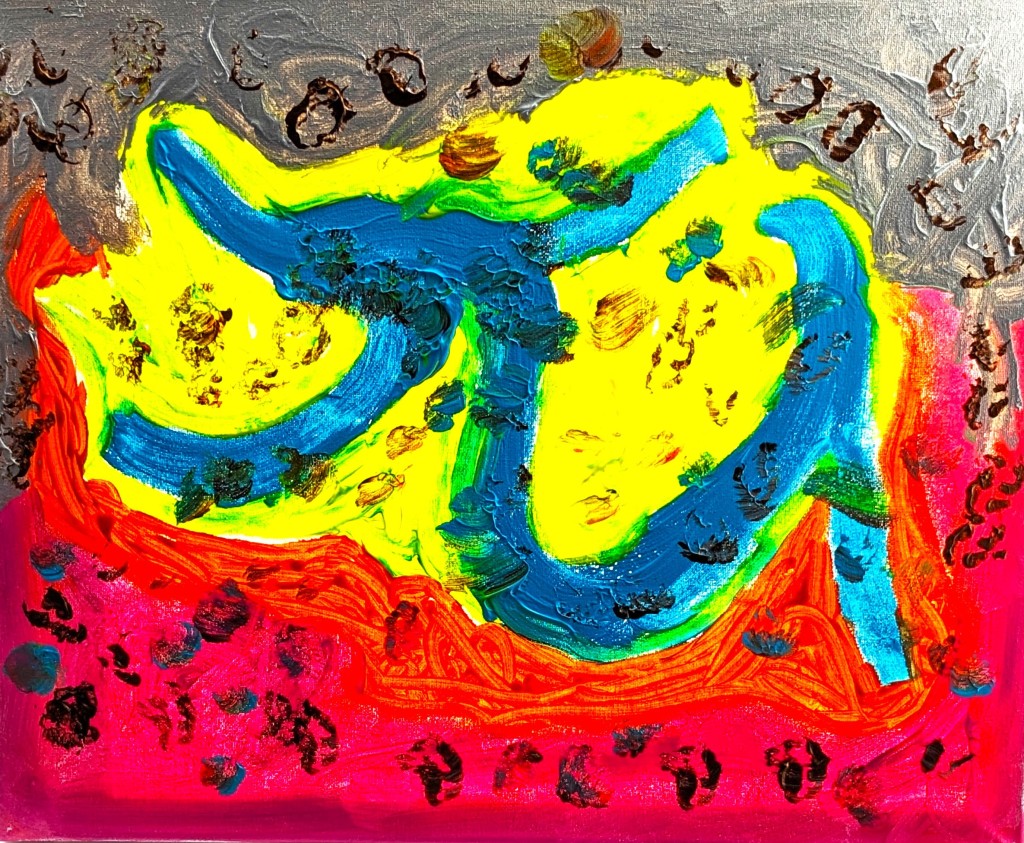
What is your career plan?
“Pull the other one, it’s got bells on,” as the comedian said on our old black and white TV back in the late fifties when the television shows first started. My grandfather bought that TV in 1953 in order for us to watch the Coronation of Elizabeth II. I was nine years old at the time. Now I am – hold on – “How old am I? Let me count the days” – as Shakespeare might have written, if he had actually written his own plays and poems. Or were all those glorious words written by a conspiracy of authors who then had their work claimed by some else aka Willy the Shake? Snake oil, all of it, or as they say in some parts of Wales – blydi hel.
I wonder how many of my readers know how to play Tute, a Spanish card game, slightly akin to whist? Well, in it you score by singing – Canto las veinte – o canto las cuarenta – well, I am well on my way to winning my game of Tute because Canto las ochenta!
So, at eighty years of age, after fifteen years in retirement, what sort of career plan can anyone have? Plan – is it a detailed proposal for doing or achieving something? Or might it be – an intention or decision about what one is going to do? As for career – is it an occupation undertaken for a significant period of a person’s life and with opportunities for progress?
So, in my retirement, what opportunities are there for progress when I seem to be regressing most of the time? And what plans can I make when the unplanned knocks on my door at irregular, uncomfortable intervals?
And that’s the problem with prompts and life in general – one size designed to fit all and I do not fit in. Never have. I no longer have a career. I no longer have any plans. I drift with the winds and the waves “as idle as a painted ship upon a painted ocean.”
I guess my only plan is to stay afloat for as long as possible and to avoid, if I can, that deadly dive down, down, down, into Admiral Brown, and down to Davey’s Locker.








